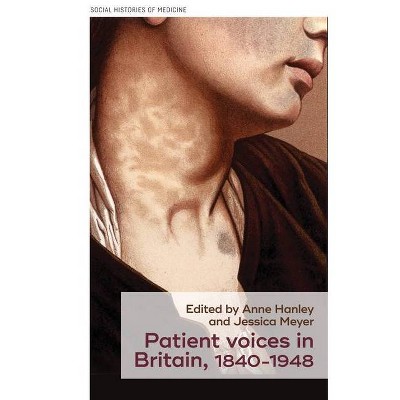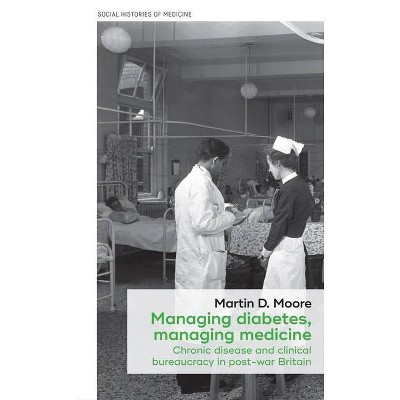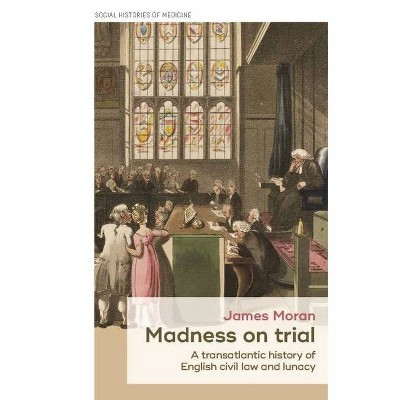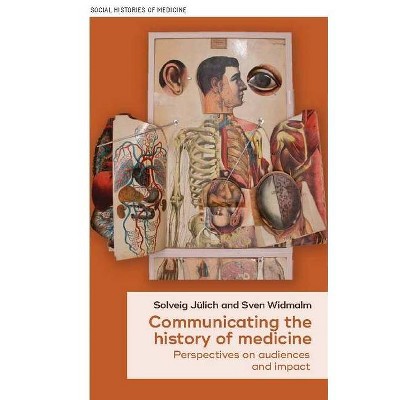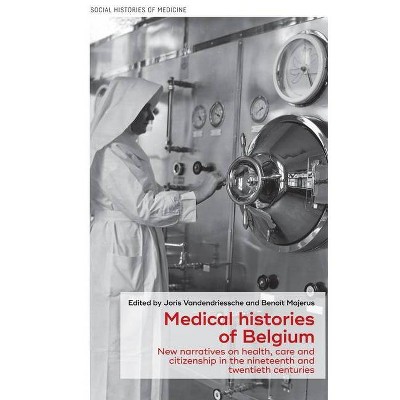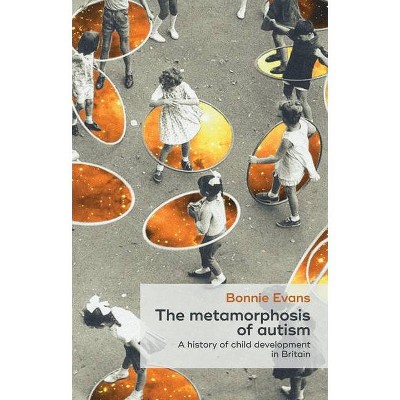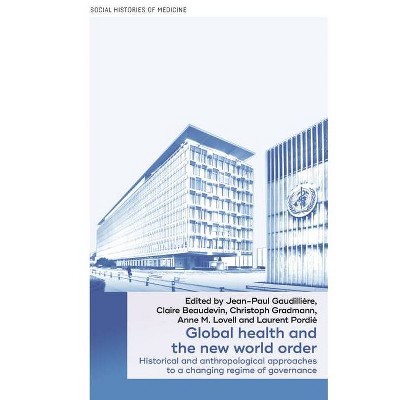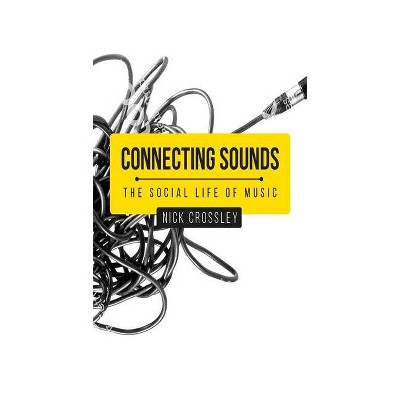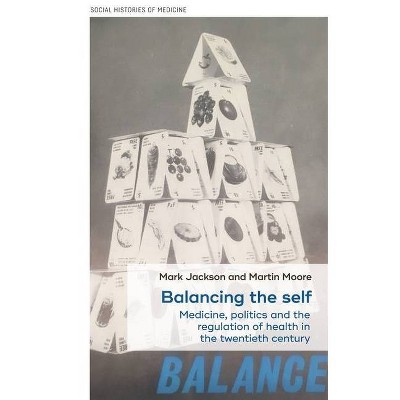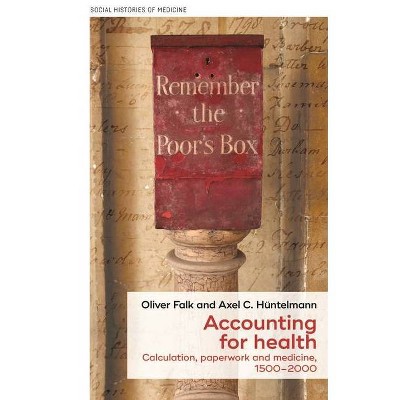Vaccinating Britain - (Social Histories of Medicine) by Gareth Millward (Hardcover)
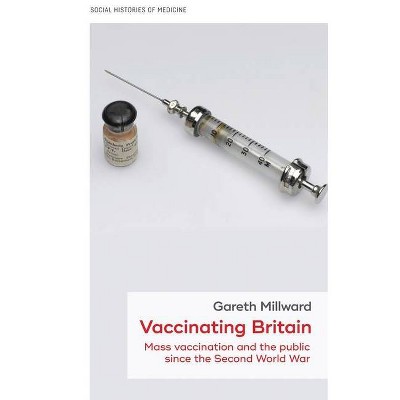
Similar Products
Products of same category from the store
AllProduct info
<p/><br></br><p><b> About the Book </b></p></br></br><i>Vaccinating Britain </i>explores the complicated relationship between the British public and vaccination since the Second World War through British public health policy. It shows how the British public came to embrace vaccination but also made demands on the government to make vaccination more acceptable.<p/><br></br><p><b> Book Synopsis </b></p></br></br><p><em>Vaccinating Britain </em>explores how the British public has played a central role in the development of vaccination policy since the Second World War. Using government sources, newspapers, internet archives and medical texts, the book explores the relationship between the public and public health through five key vaccines - diphtheria, smallpox, poliomyelitis, whooping cough and measles-mumps-rubella (MMR). <br /> While the British public has embraced vaccination as a safe, effective and cost-efficient form of preventative medicine, demand for vaccination - and trust in the authorities that provide it - has ebbed and flowed according to historical circumstance. Moreover, the British public has never behaved as a single unit, with various groups making their presence felt and demanding changes from local and national government. Millward shows how modern attitudes towards vaccination, and the administrative bureaucracies necessary for their administration, have their origins in the vaccine programmes of the 1940s and 1950s. He goes on to analyse the controversies over the whooping cough and MMR vaccines, which show that while parents trusted vaccination as a concept, bad publicity both revealed and stimulated a lack of confidence in medicine and the British welfare state.<br /> This volume breaks from the tradition of the single-vaccine case study and looks at attitudes across time and vaccine in a ground-breaking comparative work. It is a valuable resource for health researchers and students interested in the background to modern vaccination, as well as offering new insights for historians of public health, British policymaking and the post-war state.</p><p/><br></br><p><b> From the Back Cover </b></p></br></br><i>Vaccinating Britain </i>explores how the British public has played a central role in the development of vaccination policy since the Second World War. Using government sources, newspapers, internet archives and medical texts, the book explores the relationship between the public and public health through five key vaccines - diphtheria, smallpox, poliomyelitis, whooping cough and measles-mumps-rubella (MMR). While the British public has embraced vaccination as a safe, effective and cost-efficient form of preventative medicine, demand for vaccination - and trust in the authorities that provide it - has ebbed and flowed according to historical circumstance. Moreover, the British public has never behaved as a single unit, with various groups making their presence felt and demanding changes from local and national government. Millward shows how modern attitudes towards vaccination, and the administrative bureaucracies necessary for their administration, have their origins in the vaccine programmes of the 1940s and 1950s. He goes on to analyse the controversies over the whooping cough and MMR vaccines, which show that while parents trusted vaccination as a concept, bad publicity both revealed and stimulated a lack of confidence in medicine and the British welfare state. This volume breaks from the tradition of the single-vaccine case study and looks at attitudes across time and vaccine in a ground-breaking comparative work. It is a valuable resource for health researchers and students interested in the background to modern vaccination, as well as offering new insights for historians of public health, British policymaking and the post-war state.<p/><br></br><p><b> About the Author </b></p></br></br><br><strong>Gareth Millward</strong> is a Wellcome Trust Research Fellow at the Centre for the History of Medicine at the University of Warwick<br>
Price History
Price Archive shows prices from various stores, lets you see history and find the cheapest. There is no actual sale on the website. For all support, inquiry and suggestion messages communication@pricearchive.us
